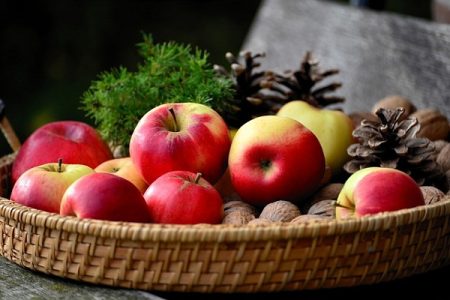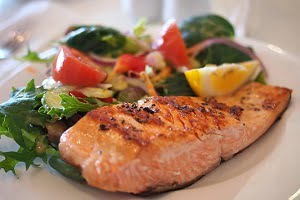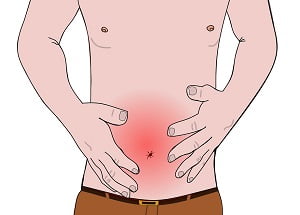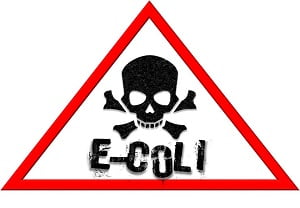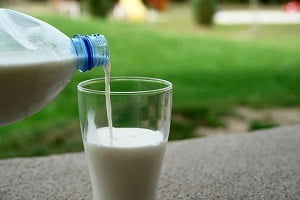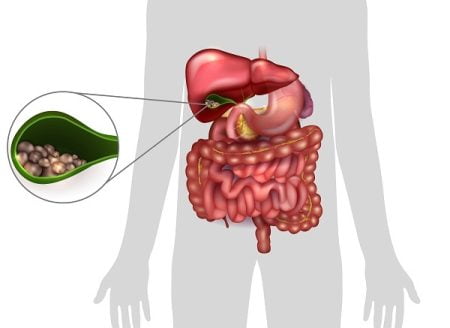Browsing: Food Poisoning
Diarrhea: 8 Common Causes and How to Treat It
Did you know that diarrhea is the second leading cause of death in children under 5 years old? It’s a…
Food poisoning occurs due to the consumption of food contaminated by bacteria, viruses, or parasites. Some foods are more likely to cause food poisoning symptoms than others because they are more susceptible to bacterial growth.
Food poisoning is a condition that can occur in anyone who consumes food contaminated by bacteria, viruses, or parasites. Certain groups of people are at a high risk of food poisoning because they may have a low immune response or are in stressful conditions. These groups involve infants, young children, pregnant women, older people, and people with chronic diseases.
How to Protect Yourself From Antibiotic Resistant Foodborne Illnesses?
Antibiotic resistance in foodborne microbes has become a major public health concern. Most of the foodborne illnesses are mild and get cured without treatment. Most of the foodborne illnesses can be treated with antibiotics. However, some foodborne bacteria have developed antibiotic resistance and are difficult to treat.
Food poisoning is a common condition that occurs when certain microorganisms or germs contaminate the food and drinking water. Food poisoning can be prevented by taking various precautionary measures such as having good quality food, using pasteurized dairy products, cooking foods at proper temperatures, etc.
Unpasteurized milk obtained from animals like cow, sheep, or goat is called raw milk. Pasteurization is a process in which liquids are boiled at a specific temperature to kill harmful microbes present in it. Raw milk contains harmful microbes like Listeria monocytogenes, Escherichia coli, Campylobacter, and Salmonella that can lead to food poisoning.
The gall bladder is a small organ located beneath the liver. It plays a vital role in the proper digestion of fats present in food. Gallstones are small pieces of solid materials present in the gall bladder. These stones are usually made of cholesterol. They can vary in size and number.




